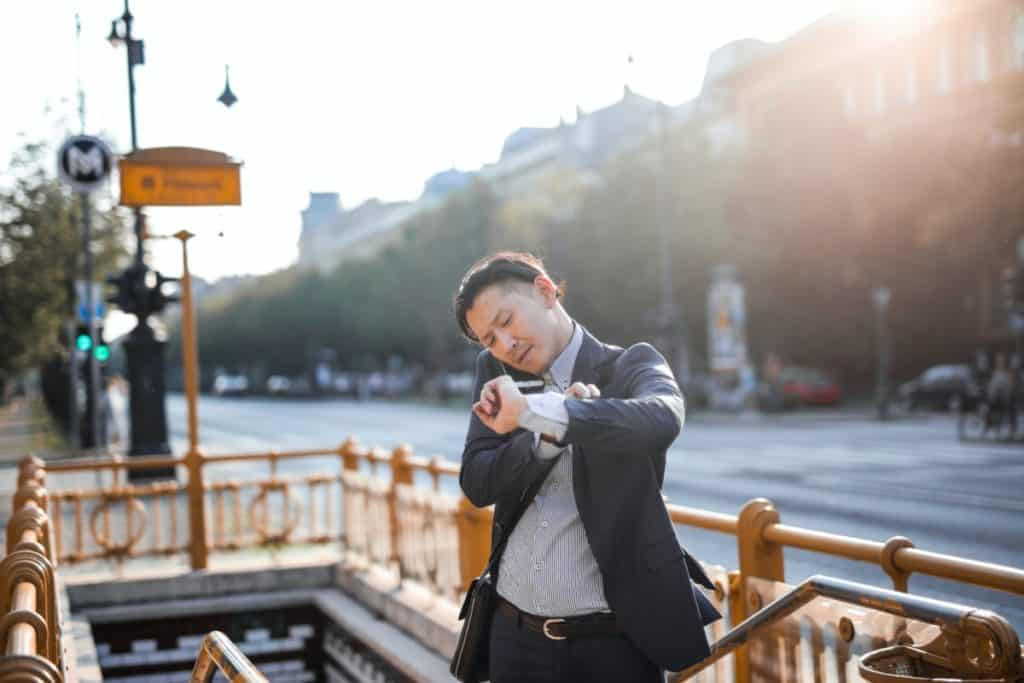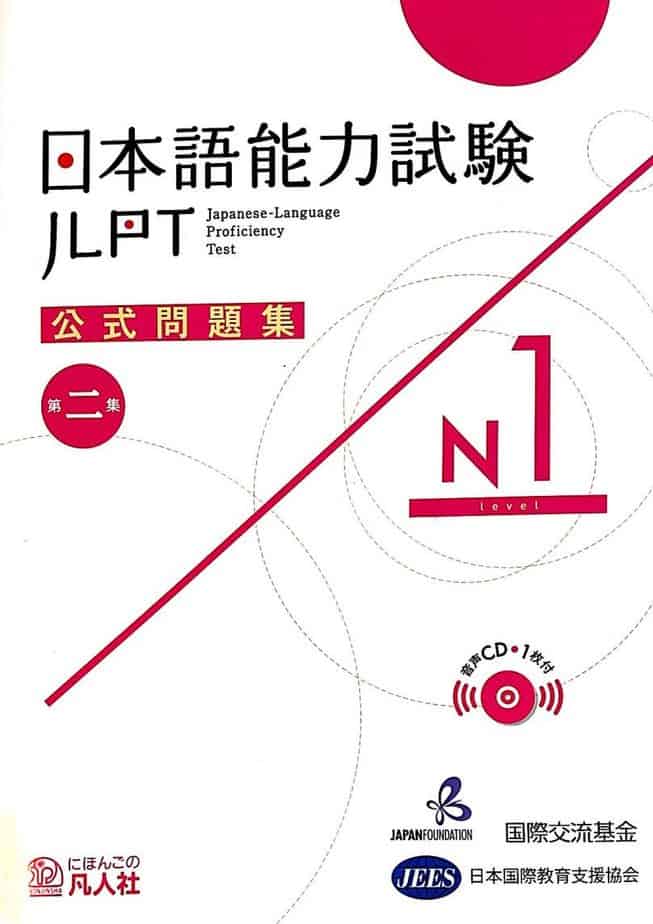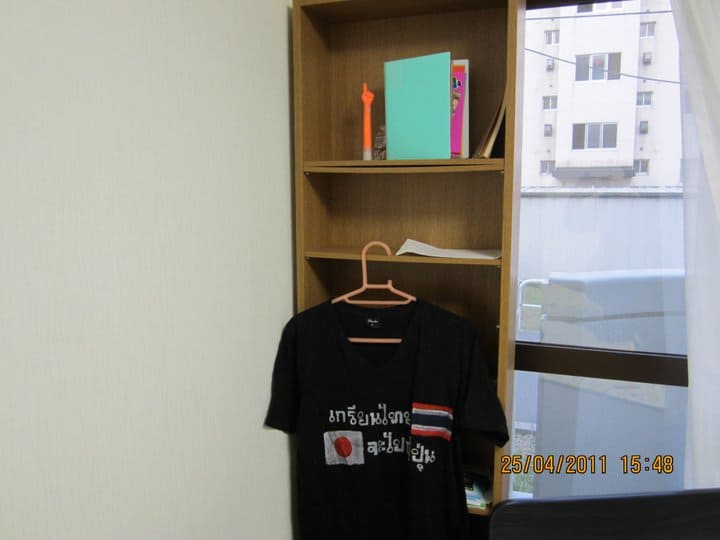Cultural diversity makes life on this planet more enjoyable. Each community with its traditions, some on the extremes while others are on the middle ground. Whatever is acceptable in one part of the globe may be forbidden in the other. Even with the advancing technology making the world a global village, somethings are not going to change sooner. And some cultures have proven it.
Entering a new territory means meeting a new culture, but Japan is going to amaze you. The people here are amiable, always treating their guests with respect. That’s why you will never receive a ‘no’ for an answer during your stay here. It is considered rude in Japanese culture. Generally speaking, nobody would want to cross lines with such people. Therefore, you must learn those things which are acceptable and those that aren’t for your seamless stay or trip here.
In this article, we discuss the things you must avoid as you travel to Japan. Let’s take a look!
1. Walking or driving on the right-hand side
With the many parks and gardens within the various cities of Japan, most travelers and locals always stroll, viewing the beautiful autumn leaves, cherry blossoms, and other colorful flowers. But with strict adherence to a rule, keep left. When you are going for an evening walk in a park, stay on your left side, especially if someone is approaching from the opposite direction. This applies to any other place within the country.
In case you are going to drive, ensure you have a valid IDP and are conversant with the Japanese traffic rules but primarily do not drive on the right. You risk being arrested and jailed or causing an accident. Always keep left.

2. Misconduct on public transport
Whether you are a local or a foreigner, you are expected to comply with some rules of conduct while using public transport. Catching up with a long-time friend on a train is impossible. Talking, loud music, and smoking are prohibited on public transport. So don’t think you are going to learn a thing about Japan from your neighbor in the civil service vehicle. Even on mobile phones, you are not supposed to talk loudly. However, during emergencies, you can ask for help.

3. Lateness
Japanese know the value of time and will always be on time for an appointment. When you are planning to meet one of them, please adhere to the scheduled time. Most probably, you will find the person at the agreed time. You may want to give excuses for your lateness, but that is not in their vocabulary; it is merely rude.

4. Distraction during a conversation
Phones have a high potential of taking away someone’s attention during a conversation, but you must learn to tame this while in Japan. You must always remain calm and attentive when speaking to a local. Even if it is a story, you should give interjections to show that you are keenly listening. Any sign of boredom such as yawning, is interpreted as impolite and rude.
5. Receiving a gift with one hand
During your errands in Japan, you might receive a gift from or visiting card from one of the citizens or local agencies. But the Japanese are cautious about how one takes the award. You are required to receive the present with both hands while bowing and saying thank you.
When you are given a visiting card, you must have a close look at it to show that it is valuable to you. You are not to open gifts in the presence of the giver.
6. Forgetting Courtesy
Etiquette is one of the most highly-esteemed things in Japan. A simple ‘thank you’ goes a long way. It changes how people’s perception of you. You need to express gratitude after every service you receive or any help from a local. For example, after a waiter in a restaurant serves, you say thank you and after alighting from a cab do the same.
Another vital thing is bowing, especially when interacting with elders. It is a sign of respect, and you must, therefore, be familiar with the correct way of doing it.
7. Writing in red ink
It may not be unusual to leave a message written in red ink in your culture, but you must not try that in Japan. Writing any person’s name in red, for example, is considered ominous and unruly. Avoid carrying red pens while coming to Japan lest you use it accidentally in any instance.
8. Tipping
There is strictly no tipping in Japan. You may think of giving a waitress or waiter a tip for the excellent service is being kind and showing gratitude, but here it is an insult. They say you cannot buy a person’s heart with money, but good manners can. So instead of thinking to tip the cab driver, just say thank you after your trip.

9. Entering a home with shoes
One of the things you must know when visiting different places in Japan is where you can have your boots on and where to remove them. Entering someone’s house demands that you take off your shoes, and failure to comply shows disrespect. Several other places require you to remove your shoes before entry, such as shrines, temples, and some restaurants.
10. Mishandling your chopstick
It may be a new experience using chopsticks, and you can find yourself doing silly things. But in Japan, there is a chopstick etiquette that must be observed by all. Do not hit your bowl with the chopstick, Japanese hate that sound. Again, you must not share food from chopsticks or point it to anyone even accidentally. Learning the item’s etiquette before using it will save you reputation.



